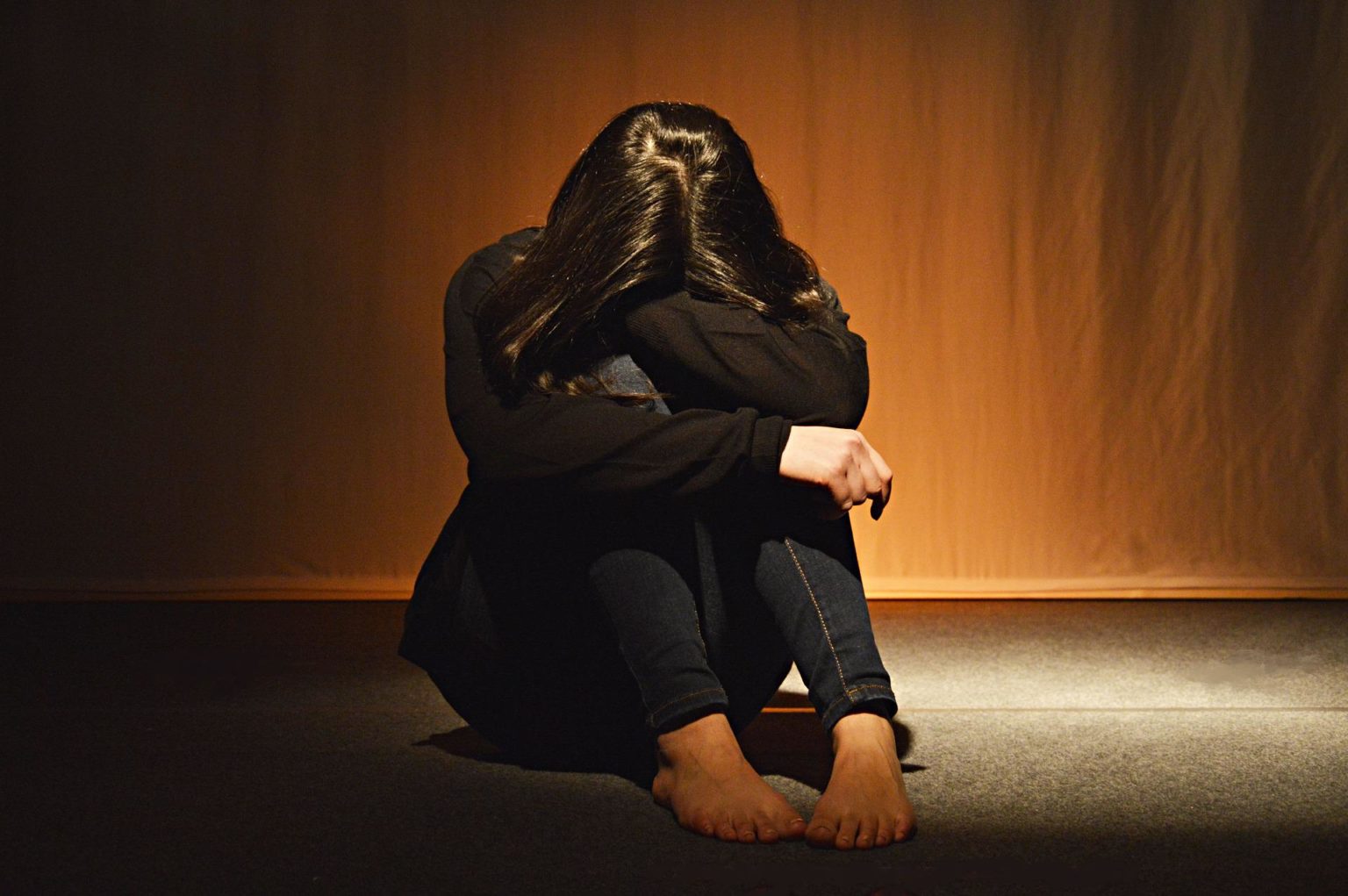Bereavement often leads to sleep disorders, and the stronger the grief, the more significant the problem. In a recent article, researchers from the USA—Cybele Blood and Joanne Cacciatore—have suggested that severe psychological trauma can cause sleep paralysis (SP).
As the authors note, SP is associated with many different factors:
– traumatic and life-threatening events
– post-traumatic stress and anxiety disorders
– other psychiatric diagnoses
– physical diseases
– spiritual or metaphysical beliefs
– genetics
– duration and quality of sleep, sleep disorders
– body position during sleep (lying on your back)
Age usually has no direct connection with SP, apart from the fact that sufferers usually report their first case of sleep paralysis as occurring in adolescence.
The researchers focused on psychological trauma as the cause of SP. Indeed, 91.1% of participants reported the death of a loved one. Almost half of them believe that episodes of sleep paralysis are associated with this loss. The risk of SP was shown to increase in the period from 1 to 6 years after the loss. Immediately after the tragedy, the bereaved person often experiences shock and numbness; psychological symptoms appear a little later. The most serious consequences usually occur after violent deaths, suicides, catastrophes, and the death of a child.
Medical and social workers, clergy, psychologists—all those who provide professional assistance after psychological trauma—are often aware of the possibility of sleep disorders, but not sleep paralysis. Furthermore, they do not associate it with the tragedy after a few years have elapsed. As the authors add, it is important to understand that sleep problems can go beyond insomnia and nightmares.
What caused your sleep paralysis if you have had such an experience?
The article was published in May 2022 in the journal OMEGA – Journal of Death and Dying.




